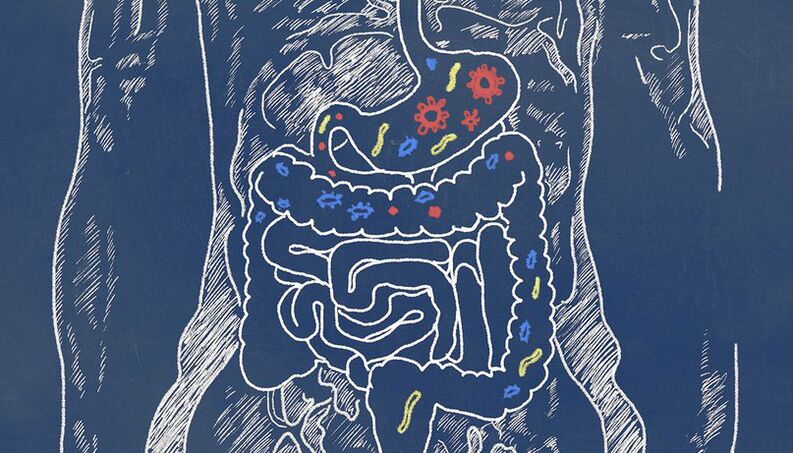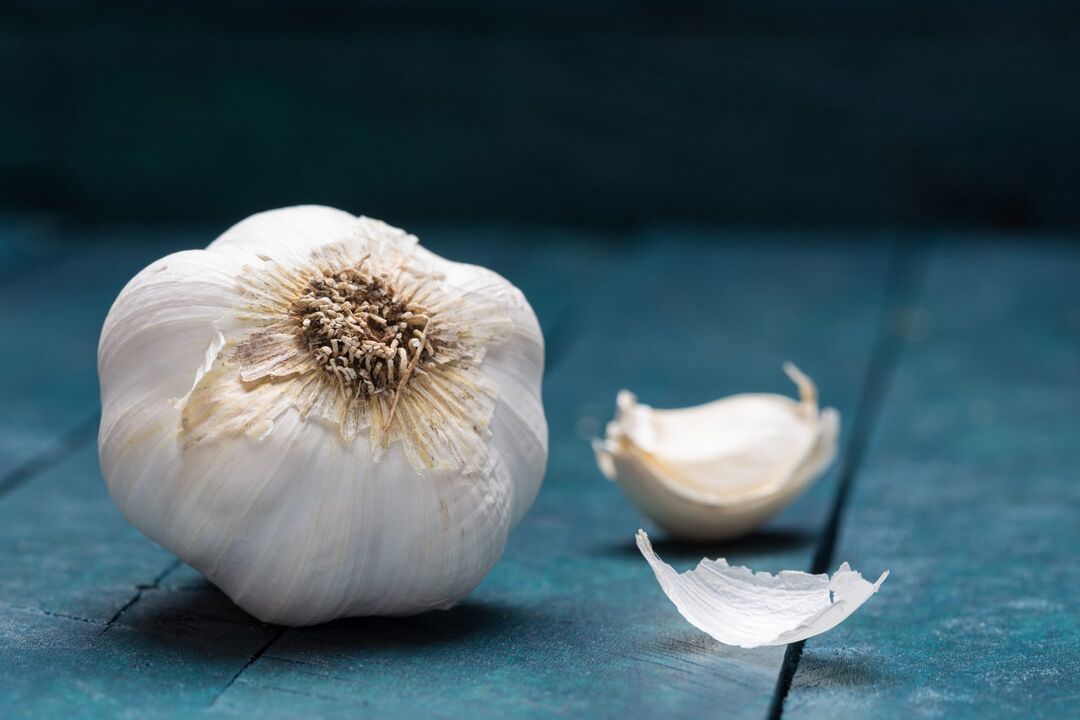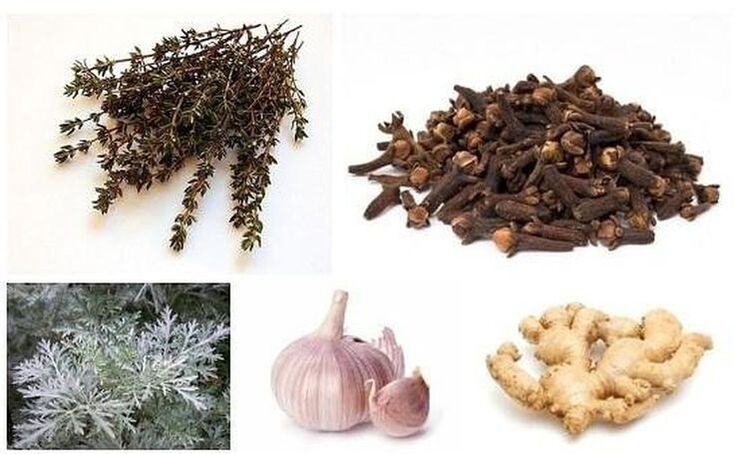Parasites are the simplest types of bacteria that live on the nutrients of another organism and parasitize it. They feed on ready-made organic substances produced by others.
There are currently more than twenty species of parasitic life forms that can live in the bodies of animals or humans.
All of them can enter our body and cause many diseases and infections. Often, these bacteria are found in children because they do not have such a high level of immunity when they come in close contact with animals and some contaminants.
Remember that a small child often takes everything in his mouth?
These substances may contain dangerous parasites. This article provides information on the classification of parasites in the human body, how to treat infectious diseases and what to do to prevent harmful bacteria from entering the body.
Parasitic bacteria in the human body, in which organs can live?

The human body and skin contain the simplest bacteria, which can be unicellular or multicellular.
Parasites that live in the body are called ectoparasites. These include bedbugs, lice, and similar itching pathogens. Others are called endoparasites because they live in the human body. These include amoebae, worms and insect larvae.
The latter are the most dangerous, and the former are simply unpleasant.
Internal parasites often cause serious diseases and are more difficult to get rid of than external parasites. Medicine has already found many ways to get rid of them, and also has extensive experience in the treatment of parasites in the human body.
Each parasite has its own ideal place in the human body, where they have all the conditions for a parasitic lifestyle, ie nutrients necessary for growth and reproduction. Some may move as they grow older.
Endogenous parasites are often found in the intestines, muscles, blood, lungs, heart and liver. Some species even live in nerve tissue. Ectogenic parasites live on the skin.
How can parasites enter the body?
The first way is for bacteria to enter the body through food and water. Sometimes it is infected or contaminated, so microorganisms begin to multiply there. Insects such as flies and cockroaches also carry many harmful bacteria. Some foods are initially contaminated - raw fish or raw meat. Very often the meat of cattle is infected with parasites, so people do not eat it raw.
The second is contact. In this case, parasites are transmitted from humans, household items or animals. Very often, infectious bacteria are carried by stray animals - dogs, cats, birds and rats.
Third is blood transfusion by mosquitoes. This is rare in the CIS countries, where the most infected mosquitoes live in warm countries. Fourth, some insects enter the human body independently. They penetrate the muscle tissue or blood by gnawing on the skin and then go to the place where the best living conditions are.
What are the symptoms of parasites?
Parasites in the human body can cause completely different symptoms - from insignificant insomnia to skin formations. For example, ectoparasites often cause skin lesions and itching. Endoparasites living in the lungs often cause coughing. When you have a bowel movement, constipation, vomiting or diarrhea may bother you.
However, the general symptoms of parasites in humans are: insomnia, general fatigue, headaches, and sometimes allergic reactions. Very often people use folk remedies, but they are not always pleasant, for example, not everyone can drink a glass of salted cabbage juice with worms.
In the presence of different types of parasites, consider the symptoms:
- The most common parasites for humans are worms or roundworms. They cause attacks of indigestion and stomach pain, irritability, insomnia and anxiety, and sometimes dizziness. They are easy enough to detect, you can see them in the stool, or you can get a positive test result for a worm's egg;
- Then comes a very dangerous parasite - tapeworm. Often there is discomfort or pain in the abdomen, diarrhea, severe appetite (you eat a lot, but you do not gain weight), pain in the liver and the presence of worms in the stool;
- In the presence of pinworms in a person, he may feel anorexia, insomnia, irritability and itching in the anus.
Why are parasites dangerous?
They disrupt the function of organs, cause inflammatory processes in tissues and destroy them. They produce toxins that destroy the body.
The pest that parasitizes you can cause vitamin deficiency, general weakness and decreased immunity in both adults and children. It is very dangerous for children to have such a parasite, because they are very slow in their development. It is often difficult to get rid of parasites in the body, because they tend to adapt to the environment and do not want to leave their ordinary homes.
How to treat parasites?

To get rid of parasites, you must first consult a doctor. It will prescribe a certain medication or another, more natural remedy.
There is also treatment with folk remedies, but it is recommended to carry out in symbiosis with drugs.
treatment
Doctors have long found an effective treatment for parasites in humans.
Some drugs come in tablet form, while others come in other forms, such as liquid. Dosage is determined only by a doctor, it is impossible to do yourself without side effects. There are also differences in the age of patients on whom medications are prescribed.
In the modern world, there is another way to treat people with parasites. It is called oxygen and appeared relatively recently, carried out in hospitals only under the supervision of a physician. First, the patient is cleaned of enemas from the intestines, and then oxygen is given by probe. After filling the stomach and rectum with oxygen, the parasites die. The patient treated with this method does not experience any side effects, unlike the drug method.
Parasites: quick treatment with folk remedies

Various parasites in the human body can be eliminated with folk remedies, and some doctors even recommend some natural remedies to get rid of such pests.
Pumpkin seeds are the most popular remedy for parasites. They contain many nutrients that are beneficial to humans and their intestinal microflora, but harmful to protozoan pests. To completely recover, eat 20 grams of pumpkin seeds in the morning on an empty stomach, and after 30-40 minutes take a laxative.
Vegetable oils can be used as natural laxatives, the most common being castor oil.
In adults, anthelmintic teas are used to treat parasites with folk remedies, and after cleansing the intestines with enemas. To prepare a decoction you can take wormwood, cloves, celandine or tansy. They all have a sharp and bitter taste, so the environment in the intestines is unfavorable for pests.
But pay attention to the herbs you use, many of them are forbidden for pregnant women.
Diet to prevent parasites

Everyone who encounters the presence of parasites knows how important it is to rehabilitate and prevent it. To do this, the attending physician often prescribes a special diet. Separate meals are recommended when you eat carbohydrates and proteins separately. Because if we eat them together, the stomach does not receive a clear signal about what needs to be digested and what enzymes are needed for this.
Completely digested food is an excellent tool for feeding parasites, so they continue to live and thrive.
For example, meat, legumes should not be eaten with potatoes, pasta, bread. It is better to combine them with vegetables. If you want to eat carbohydrates and proteins, you should take a 2-hour break between their intake.
Can't give up your favorite sandwiches?
Eat them with fried vegetables. Eat grains often, they cleanse the body perfectly.
Body cleansing

Some herbs that can often be found in pharmacies, markets, or supermarkets will help to cleanse and remove unwanted parasites from the body.
For the first method, you will need a green walnut shell. If you live in a tropical region, you can no doubt find walnut trees and collect unripe fruits from them. Take 15 nuts, peel them and fill them with vodka. Leave to infuse for a month in a dark, dry place. Then dilute one drop of tincture in half a glass of water and order.
Gradually increase the dose by one drop every day for seven days. After that, gradually increase the intake to 2 teaspoons, take the drug several times a day. Then continue to take 2 teaspoons tincture twice a day for a year. This is a fairly long cleaning course, but very effective.
An easier way is to use clove seeds. They need to be powdered. Just take a teaspoon and a half of this powder. Gradually reduce the dose over ten days, reaching a teaspoon at the end of the period.
Various freshly squeezed juices will help to cleanse the intestines. For example, carrots, cucumbers, lemons, beets, apples - all these juices, when consumed on an empty stomach, create a certain environment in the stomach and remove parasites from the body.
























